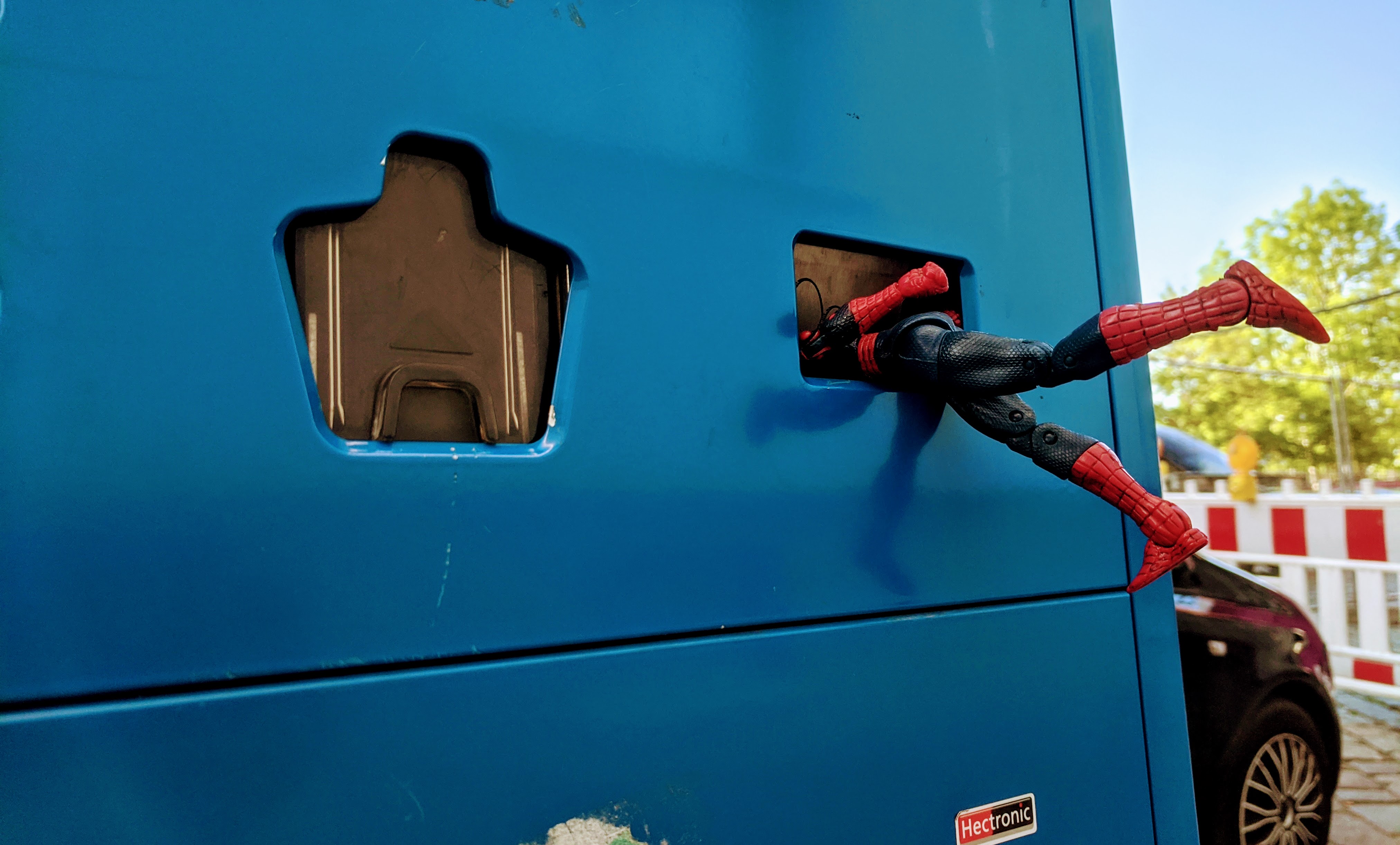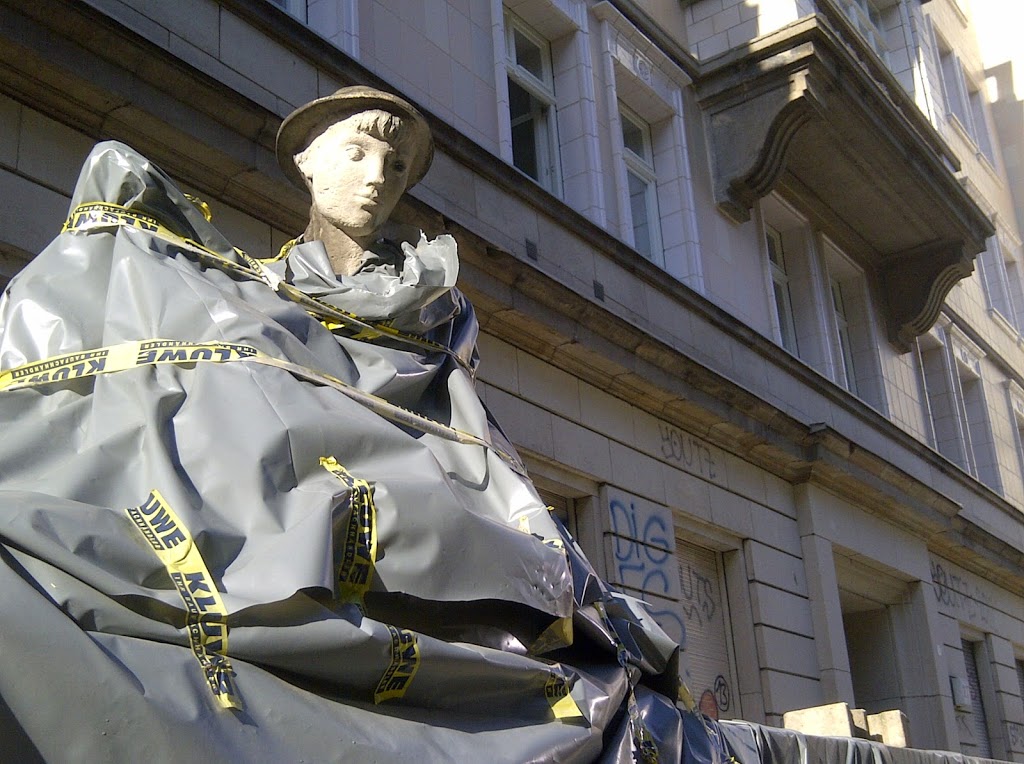Recently, Boris Johnson – the wispy-haired cretin who tripped over a gollywog doll and fell into being Prime Minister of Great Britain – launched a bombastic ‘obesity crackdown’. There is so much wrong with the way he has done this. The fatphobic messaging which completely fails to engage with the reasons why people struggle so much with their weight. The emphasis on disincentivising the bad stuff and the simultaneous complete failure to effectively incentivise the good stuff. The cognitive dissonance of conflating ‘thin’ and ‘healthy’ to claim that these two words are one and the same. The guilt-tripping of overweight people by telling them that they personally are costing the NHS hundreds of thousands of extra pounds in care; as if thin people are heroically being svelte for the good of their country; as if people’s healthcare needs are a burden on the NHS rather than the entire reason why we have the NHS in the first place.
And in the midst of all that, to show that he is not a hypocrite, Boris put out a video of himself going for a morning run with his dog. He accompanied this video with a bon mot: “The great thing about going for a run at the beginning of the day is that nothing could be worse for the rest of the day.”
The worst thing about this incredibly dispiriting quip from (may I remind you) the PRIME MINISTER OF AN ENTIRE COUNTRY is that it resonates heavily, personally, with me. Thanks to Covid I now run a lot more and a lot longer than I used to when gyms were open and gave me access to more interesting exercise options. I do not particularly love running and I certainly have not yet discovered what runner’s high feels like, but there is always a moment – usually three-quarters of the way through, as I am running up the steep bridge on my way home – a moment of euphoria I have every single time I exercise. A moment where the child me, a fat human mollusc who just wanted to be left alone with books and craft supplies, screams “DUDE HOW ARE YOU DOING THIS???”
Child me hated any kind of activity that would cause even slight breathlessness. Child me hated moving her body. Child me knew she was chubby, and as soon as she was self-aware, she knew that was something to be ashamed of. All of these things were a result of, and eternally compounded by, school P.E. At my school, P.E. was a burst of punishment between lessons, an hour of physical discomfort blended with acute embarrassment and self-loathing. P.E. meant team sports: Tennis, netball, athletics and so on in summer, hockey and lacrosse in winter. We all had to wear the same sports uniform: a white polo shirt, a grey pleated skirt and – I shit you not, my friend – thick grey “P.E. knickers”, which were literal EXTRA PANTS we had to wear OVER OUR NORMAL PANTS in order to avoid scandalising the world with accidental flashes of our real underwear. Hopefully I do not need to make it any clearer than that that just our sports kit alone was a deeply humiliating experience.
With a great portion of our bodies fully on display, we were split into groups and forced to play unproductive matches of whatever sport or run through endless drills to practice skills like hockey dribbling or lacrosse passing. The drills were miserable but bearable – non-athletic girls like myself would wait glumly in line until it was our turn to huff through the plastic cones and back, and then at least we were allowed to stand around and stare into the middle distance as ten other girls did the same one by one. We never improved; the point was just to keep us ‘doing sports’ for a full hour to tick a box.
The matches, however, were torture. The sporty girls generally seemed to have fun; somehow they always had a thorough understanding of the rules of the game and earnestly played to win. The only time they were unhappy were when they had to factor us into the equation: the non-sporties, the wet sacks of flour relunctantly trying to keep up and unsure of how to perform this ‘hockey’ ritual in such a way as to not get yelled at by the teacher or our teammates. The sporties despaired of us because we could not be relied on to do anything other than cock things up. Hence they would keep the ball away from us, essentially playing a game among themselves while a structureless gang of children trailed behind the action, unsure of what to do but afraid of the consequences of being caught not playing.
Occasionally a term of non-team sports would be arranged, temporarily switching torture for an even more exquisite agony: dance and gymnastics. As a non-athletic and overweight teenager convinced that one’s body is revolting and embarrassing, there could be no exercise worse than having to put on a leotard and display, in front of all our peers, how lumpy, unflexible, uncoordinated and ungraceful the human form can truly be. When I was unable to do the things the athletic girls could do, the teachers would criticise and make an example of me, and the others would stare, and judge, and my insides would collapse in a folding twist of shame.
Swimming involved the monthly nightmare of having to publicly inform the teacher that you were menstruating, and having to endure their suspicious glare as they tried to calculate the probability that you were making it up. The yearly cross-country long-distance run was a whole afternoon of nightmare where the leggy, fit people would fly effortlessly around the course, barely sweating, looking amazing with their silky ponytails and antelope-like gait. They would finish early and watch, nipping at their water bottles, while the rest of us would try to jog the first kilometer and then surrender in sweaty misery, walking the rest of the course and sporadically pretending to run every time the laser glare of the teacher would dart in our direction.
These days, although I still look like several cushions stacked in a pile, I am a very active person. I have found forms of exercise I can tolerate and even a couple that I genuinely enjoy. But the shame and the failure is there, trilling quietly in the background, all the time. Why is this the way we introduce young people to the concept of moving their bodies for health and fun? How can Boris, how can anyone, expect people to want to exercise regularly if this is our induction into that idea?
Different bodies take to different types of exercise in different ways: some bodies are built for speed and agility, some for strength and endurance, some for a mixture of these things. The school system’s heavy focus on team sports necessitates a heavy focus on the speed and agility department; there is rarely space for any of the other kinds of fitness: the heavyweight, strong, resilient kind; the flexible, aligned, balanced kind; the kind that is less about fitness than about discovering outdoor spaces, personal achievements, physical empowerment…
And if you fail to perform in the narrow context of school exercise, you have failed; non-athletic kids are criticised and made to feel inadequate in a time when we are at our most insecure and impressionable. Experiences of achievement and success are what keep us motivated and willing in any activity, but when all we experience in P.E. is failure, failure in front of our peers, we are not motivated to join in but rather hang around on the edges of the field, trying not to attract attention and entirely unable and unwilling to move our bodies in a way that promotes health.
Inevitably, the non-athletic children and teens are often also those who are non-thin and/or not fully abled. What a wonderful way to instil body dysmorphia in the young and impressionable: to force them to wear revealing, uncomfortable clothing in front of their friends and their bullies, and then openly berate them for being shit at sports or segregate them into the ‘human-potato group’ so that the sporty kids can train properly without impediment. In no other subject is this so acute; you can be crummy at Maths, Science or English and keep it relatively quiet, your bad grades are a private concern. In P.E. your inadequacy, your fatness, your physical disappointingness, is visible and continuously being assessed not only by the unimpressed teacher but by your classmates as they scream at you for missing yet another goal, for not running fast enough to catch the ball.
When I was old enough to go to the gym, I discovered that there was a mode of exercise where no one would be looking at me and no-one could or would assess my performance unless I explicitly desired it. I discovered that there were forms of exercise that allowed for a gentle ramping-up of effort, for ways of moving my body that wouldn’t rely on abilities I did not possess, that I could do without feeling like anyone at all was looking at me. It was possible to focus on listening to a podcast rather than focus on the humiliation or the shame. I found forms of exercise that taught me that fitness could also mean strength and endurance; forms of exercise that had a real-life context and felt meaningful. Eventually, I got fit enough to regularly run far past the kinds of distances that used to send me into tearful misery once a year as I trudged them with my non-fit comrades.
They say the best form of exercise is the one you keep doing. Everyone has ways of moving that they do and don’t enjoy, and every way of moving is good for the human body. If we taught this to kids as early as possible – if we gave them options, let them have a go at jogging, martial arts, breakdancing, yoga – we could help them to find their way of moving early and integrate it into their lives so that it feels valuable and worth doing. People wouldn’t feel overwhelmed by their NYE resolutions to exercise because they would know what they liked and didn’t like to do and wouldn’t waste their time at spin classes or Crossfit because they wouldn’t have an internal voice telling them that exercise is something awful that can and must only be endured. A person might go for a run in the morning with their dog, or they might lift weights at home in the evening, and at no point would it be the worst experience of the day. Even if they were the Prime Minister of the UK.




“the wispy-haired cretin who tripped over a gollywog doll and fell into being Prime Minister of Great Britain”
I love that! Nice word-smithing!
Daniel